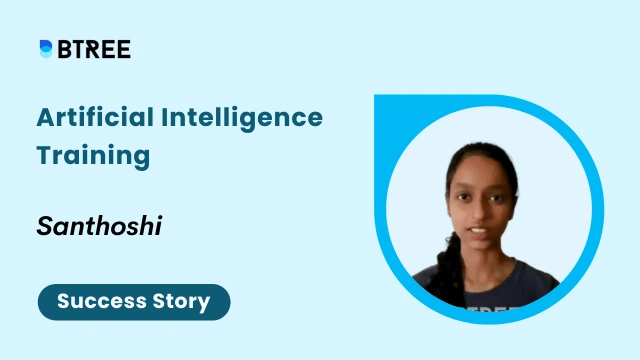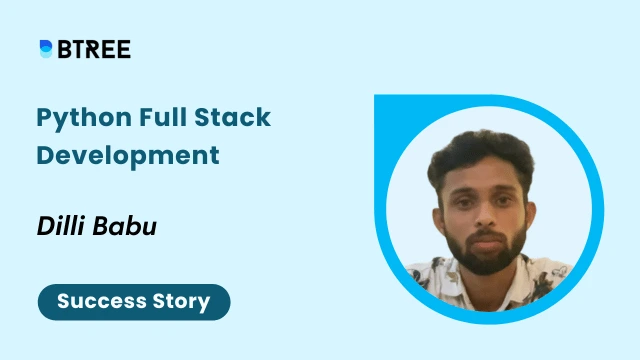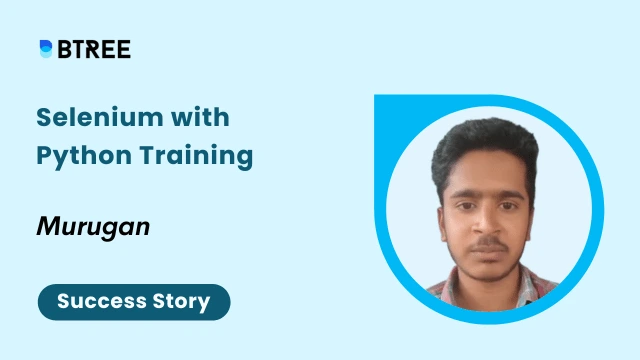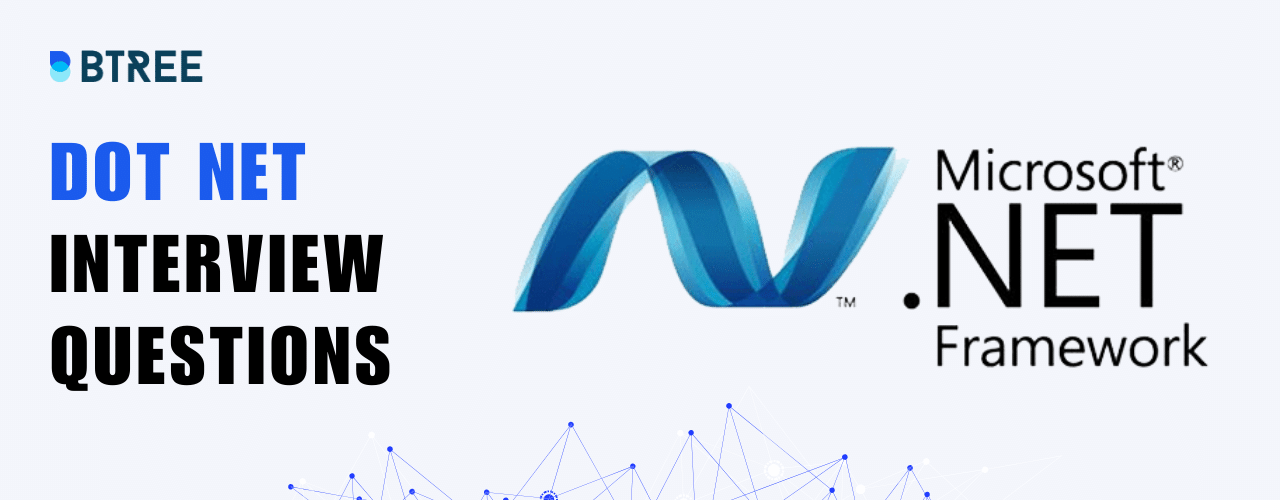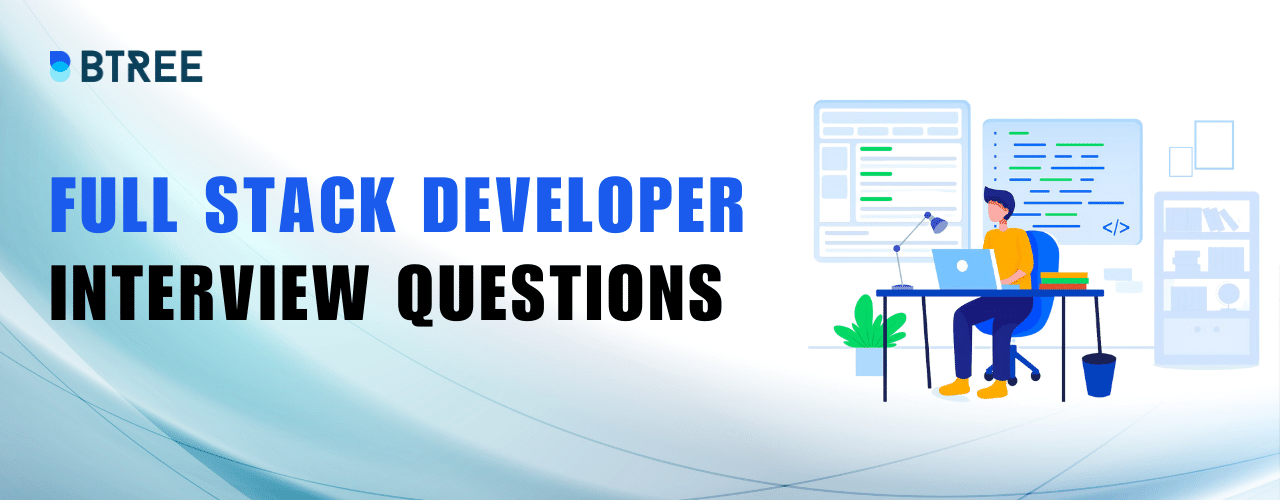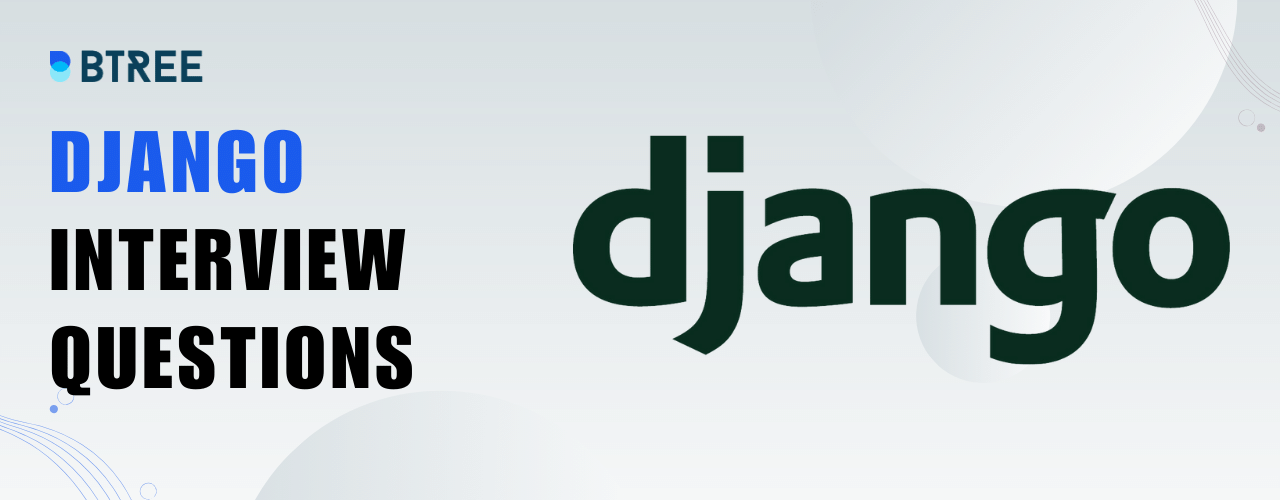Hexaware Interview Questions

About Hexaware
Hexaware Technologies is a global provider of information technology, consulting, and business process outsourcing services. Hexaware strongly focuses on the financial services, healthcare, travel, and transportation sectors and has a strong presence in North America, Europe, and Asia. The company’s headquarters are in Navi Mumbai, India, and it was established in 1990.
Hexaware offers many solutions, including application development and maintenance, data analytics, business process outsourcing, and cloud computing services. The company also has expertise in various technologies, such as artificial intelligence, machine learning, and automation.
Hexaware is strongly committed to sustainability and corporate responsibility and has been recognized as a top employer by various organizations. The company has received numerous awards and accolades for its innovative and customer-focused approach to business.
A Career at Hexaware
Working at Hexaware Technologies can provide career opportunities and professional development experiences for individuals in information technology and business services.
As a global company, Hexaware offers a diverse and inclusive work environment focusing on employee growth and development. The company provides training and development programs and opportunities for employees to work on challenging and innovative projects.
Overall, working at Hexaware can provide a rewarding and fulfilling career experience for individuals who are passionate about technology and business services and want to work in a dynamic and innovative environment.
Hexaware Hiring Process
The hiring process at Hexaware Technologies typically involves several steps, which may vary depending on the specific role and location. However, the Process generally includes the following steps:
Submit your resume and application
You can apply for a job at Hexaware through the company’s website or a job portal. You will need to submit your resume and cover letter and may also be required to fill out an online application form.
Initial screening
After submitting your application, a recruiter or hiring manager will review your resume and assess whether you meet the qualifications for the role. If you pass this initial screening, you will move on to the next stage.
Phone or video interview
If you are invited to interview, you may be asked to participate in a phone or video interview with a recruiter or hiring manager. This is an opportunity for the company to get to know you better and assess your fit for the role.
In-person or video interview
Depending on the role and location, you may be invited to participate in one or more in-person or video interviews with members of the team or department you will be working in. These interviews may be conducted individually or in a panel format.
Skills assessment
Some roles may require you to complete a skills assessment to demonstrate your knowledge and abilities in a specific area. This could be a written test, a practical test, or a combination of both.
Reference check
Before making a final decision, Hexaware may contact your references to get more information about your work history and skills.
Overall, the hiring process at Hexaware is designed to assess your fit for the role and the company and to ensure that you have the skills and experience needed to succeed in your career at Hexaware.
Hexaware Fresher’s Salary
For employees with fewer than a year of experience, the average Hexaware Technologies fresher pay in India is 3.3 Lakhs. At Hexaware Technologies India, the starting salary for new hires ranges from 3.0 Lakhs to 4.0 Lakhs.
Our Lovely Student feedback
Hexaware Interview Questions
The stage involves a panel of domain experts and other industry professionals interviewing each applicant who passed stage 1 (written test). Exams covering DBMS, OOPS, programming languages, operating systems, computer networking, and other ideas may be given to applicants.
What is a recursion function?
A recursion function is a type of function that calls itself repeatedly until a certain condition is met. Recursion is a technique for defining functions that can be used to solve problems that can be divided into smaller, similar subproblems.
For example, consider the problem of calculating the factorial of a number n (n!). A number’s factorial is its aggregate(multiplication) of all its digits, from 1 to n. This can be expressed as the following recursive function:
def factorial(n): if n == 1: return 1 else: return n * factorial(n-1)
2. What are pointers?
Pointers are variables that hold the location in memory where another variable is located. In programming, pointers are used to reference a specific location in memory. They are commonly used to store the address of dynamically allocated memory or to create data structures such as linked lists and trees.
In C and C++, pointers are denoted by a * symbol preceding the variable name. For example,
int x = 10; int * ptr; ptr = & x;
In this example, the variable x is an integer with the value 10, and ptr is a pointer to an integer. The & operator is used to get the variable x, and the value of this address is stored in ptr. The * operator can also access the value stored at the address pointed to by a pointer. For example,
Outuput
int y = *ptr; y is now equal to 10
3. How would you implement a bubble sort algorithm in C++?
Bubble sort is a simple sorting algorithm that repeatedly iterates through a list of items and compares adjacent elements, swapping them if they are in the wrong order. The algorithm repeats this Process until the list is sorted into ascending or descending order.
An example to implement the bubble sort algorithm in C++:
#include < iostream>
#include < algorithm>
using namespace std;
void bubbleSort(int arr[], int n) {
bool swapped;
do {
swapped = false;
for (int i = 0; i < n - 1; i++) { if (arr[i] > arr[i + 1]) {
swap(arr[i], arr[i + 1]);
swapped = true;
}
}
} while (swapped);
}
int main() {
int arr[] = {5, 3, 7, 1, 4, 2, 8, 6};
int n = sizeof(arr) / sizeof(arr[0]);
bubbleSort(arr, n);
for (int i = 0; i < n; i++) {
cout << arr[i] << " ";
}
return 0;
}
4. How do you implement a depth-first search algorithm in Java?
import java.util.LinkedList;
import java.util.Queue;
public class BFS {
// Adjacency list representation of a graph
private static LinkedList< Integer>[] adj;
// Perform BFS on the given graph starting from the given vertex
public static void bfs(int start) {
// Use a queue to store the nodes to be visited
Queue< Integer> queue = new LinkedList< >();
// Mark the start node as visited
boolean[] visited = new boolean[adj.length];
visited[start] = true;
queue.add(start);
//Process the queue until it is empty
while (!queue.isEmpty()) {
// Remove the next node from the queue
int node = queue.poll();
System.out.println(node + " ");
// Add all the neighbors of the node to the queue
for (int neighbor : adj[node]) {
if (!visited[neighbor]) {
visited[neighbor] = true;
queue.add(neighbor);
}
}
}
}
}
5. How to reverse string in JAVA?
Using a loop:
public static String reverse(String s) {
StringBuilder reversed = new StringBuilder();
for (int i = s.length() - 1; i >= 0; i--) {
reversed.append(s.charAt(i));
}
return reversed.toString();
}
Using the StringBuilder class:
public static String reverse(String s) {
return new StringBuilder(s).reverse().toString();
}
Using the StringUtils class from the Apache Commons library:
import org.apache.commons.lang3.StringUtils;
public static String reverse(String s) {
return StringUtils.reverse(s);
}
6. What is inheritance?
Object-oriented programming languages have the ability to inherit properties and behaviours from one class (referred to as the subclass or child class) from another class (called the superclass or parent class). Inheritance allows a subclass to reuse and extend the functionality of a superclass, making it easier to reuse code and build more complex and modular systems.
Here is an example of inheritance in Python:
class Animal:
def __init__(self, name, species):
self.name = name
self.species = species
def make_sound(self):
print("Some generic animal sound")
class Cat(Animal):
def __init__(self, name, breed):
super().__init__(name, species="Cat")
self.breed = breed
def make_sound(self):
print("Meow")
fluffy = Cat("Fluffy", "Siamese")
print(fluffy.name) # Output: "Fluffy"
print(fluffy.species) # Output: "Cat"
print(fluffy.breed) # Output: "Siamese"
fluffy.make_sound() # Output: "Meow"
7. What are abstract classes?
Abstract classes are a special class types defined in object-oriented programming languages such as Python, Java, and C++. Abstract classes cannot be instantiated, which means you cannot create objects of an abstract class. However, they can be used as a template or blueprint for other classes, called concrete classes.
Here is an example of an abstract class in Python:
from ABC import ABC, abstract method
class Animal(ABC):
def __init__(self, name, species):
self.name = name
self.species = species
@abstractmethod
def make_sound(self):
pass
class Cat(Animal):
def make_sound(self):
print("Meow")
fluffy = Cat("Fluffy", "Cat")
fluffy.make_sound() # Output: "Meow”;
8. Difference between Union and anonymous union.
| Basis | Union | Anonymous Union |
|---|---|---|
|
Definition |
A union is a user-defined data type that allows the storage of different data types in the same memory location.It is defined with the union keyword. |
The definition of an anonymous union is one without a name. It is defined within a class or struct and its members can be accessed directly using the class or struct name. |
|
Syntax |
union union_name { data_type1 var_name1; data_type2 var_name2; … } |
struct { data_type1 var_name1; data_type2 var_name2; … } struct_name; or class { data_type1 var_name1; data_type2 var_name2; … } class_name; |
|
Scope |
A union has its own scope, separate from other data types. |
The members of an anonymous union have the same scope as the class or struct in which it is defined. |
|
Accessibility |
The union members can be accessed using the . or -> operators. |
The members of an anonymous union can be accessed directly using the class or struct name and the . or -> operators. |
|
Example |
union MyUnion { int x; float y; char c; }; |
struct { int x; float y; char c; } myStruct; or class { int x; float y; char c; } myClass; |
Hexaware HR Interview Questions
The HR interview at Hexaware Technologies is an important step in the hiring process, during which hiring managers will assess a candidate’s communication skills, logical reasoning skills, and knowledge of the subject matter. It is advisable for candidates to familiarize themselves with the company’s vision and leadership principles and to be prepared to answer questions about their resume and behavior.
Some common HR interview questions at Hexaware may include:
- How do you keep up with new technologies?
- How would you benefit the company if hired?
- Do you know anything about Hexaware?
- Give an example of your creativity.
- How do you cope with criticism?
- Tell me about the most challenging decision you’ve ever made and how you made it.
- How would you handle not being promoted after working at the company for five years?
It is important for candidates to be prepared to answer these and other HR interview questions honestly and thoughtfully and to demonstrate their fit with the company’s culture and values.
Hexaware Interview Experience
Hexaware Technologies is known for its thorough and professional approach to the interview process, and candidates who have gone through this process have generally had a positive experiences. The technical interview typically includes questions about a candidate’s technical skills and knowledge, as well as their ability to apply this knowledge to real-world situations. The aptitude test is designed to assess candidates’ problem-solving and logical reasoning skills and is generally described as challenging but fair.
The HR interview is typically more relaxed and conversational in nature and provides candidates with the opportunity to learn more about the company and its values. During this phase of the interview process, candidates may be asked about their professional experience, career goals, and fit with the company culture.
Hexaware interview process is designed to identify candidates who have the skills and knowledge needed to succeed in their roles and contribute to the company’s growth and success. By preparing in advance and showcasing their abilities during the interview process, candidates can increase their chances of making a positive impression on the hiring team and landing the job.
Conclusion
Finding the right career which has the right skills, our Hexaware Interview Questions helped you to get hired quickly and easily. Are you aiming for a great career? here is the platform for you to enhance your knowledge. GOOD LUCK!
